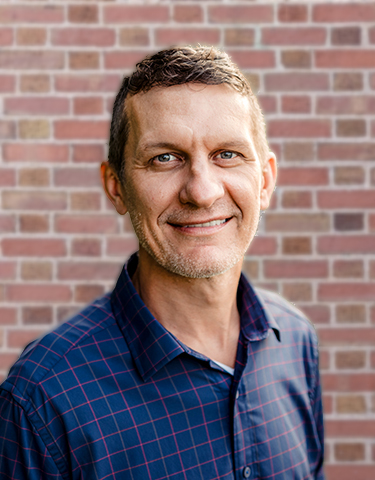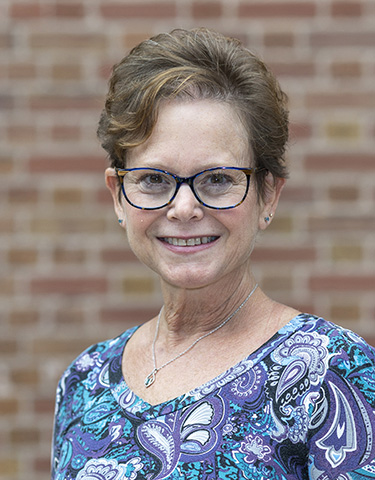As a psychology major you'll learn to think scientifically about behavior and mental processes, and develop critical-thinking skills as you seek to solve real-life problems utilizing a number of psychological theories.
Your path to your degree will include a variety of general liberal arts courses, relevant and applicable psychology classes, research opportunities, and multi-sensory experiences. This holistic approach is designed to help you apply knowledge, critical and creative thinking, and interpersonal awareness to your work both in and outside of the classroom.
The psychology program at WLC focuses on three goals:
- Mastery of concepts
- Research and critical thinking
- Servant leadership
You'll experience immersive learning alongside expert faculty
At larger schools, students rarely interact directly with professors, especially in introductory courses; even fewer conduct meaningful research side-by-side with those same professors. Our expert faculty work directly with our psychology students, assisting them with all aspects of their undergraduate research - from research design and approval to study and analysis to the culminating written report and poster presentation. Some students even have their research published in academic journals!
The faculty in our psychology department hold doctorate degrees and have meaningful, real-world experience in the field. You’ll benefit from small classes and ample opportunities for one-on-one support.
Our psychology program prepares you for success
On November 12, 2024, 12 senior psychology majors participated in the Psychology ETS Major Field Test. WLC students achieved an outstanding overall score in the 99th percentile among 235 institutions nationwide!
In addition, for the last six years 44% of our psychology majors have presented their research at a regional conference, and 97% of our majors who choose to pursue graduate school get admitted to one of their top three choices.
You’ll graduate prepared to succeed in your post-WLC plans, whether they include graduate school or entering the job market. No matter which path you choose, you’ll carry with you a broad range of skills and experiences that encompass far more than explaining and treating mental illness.
The job outlook for careers within psychology fields is very positive, with the U.S. Bureau of Labor Statistics predicting job growth of 7% for psychologists, 19% for mental health counselors, 4% for school counselors, and 16% for family therapists within the ten-year period between 2023 and 2033.




